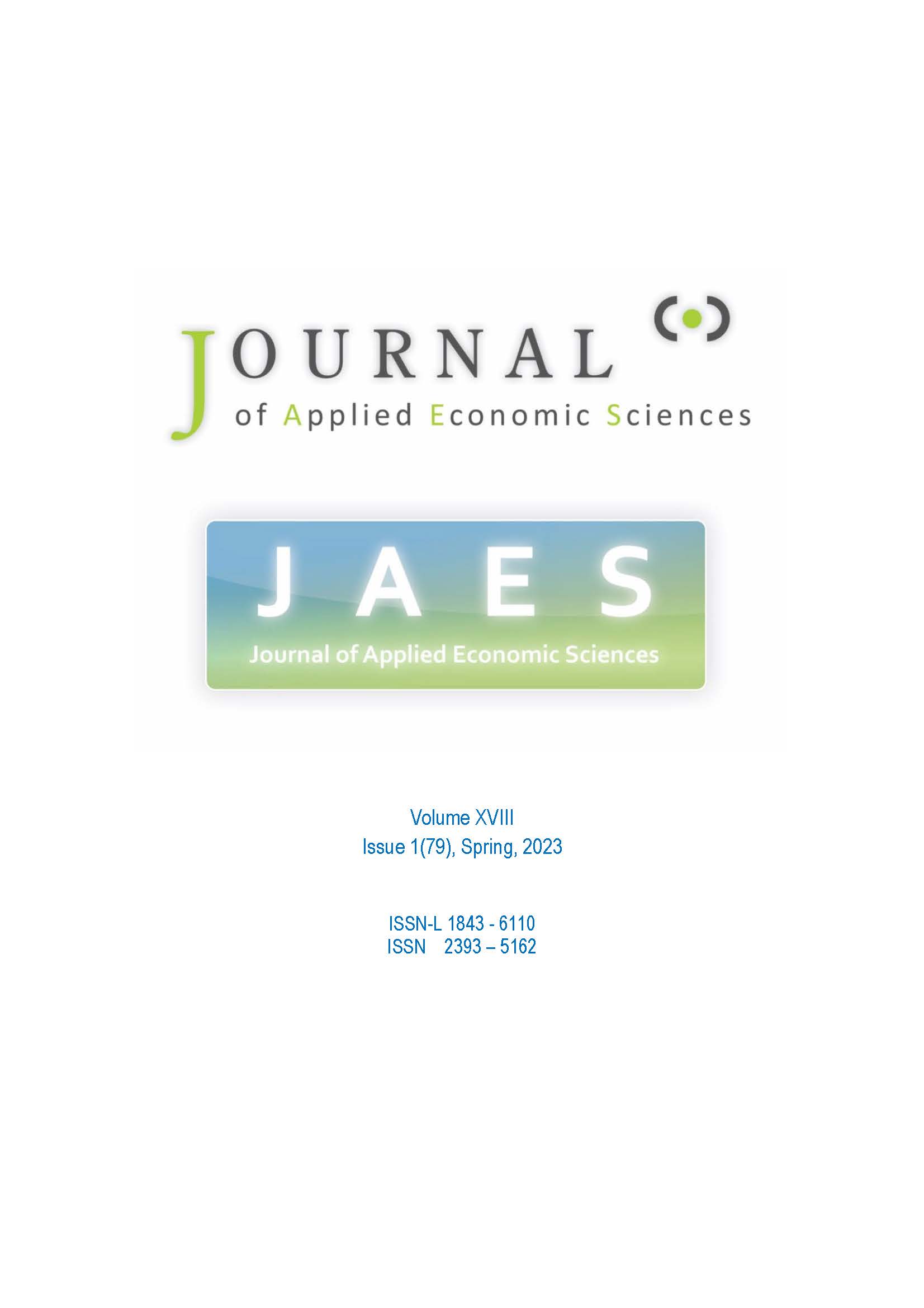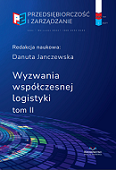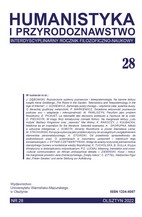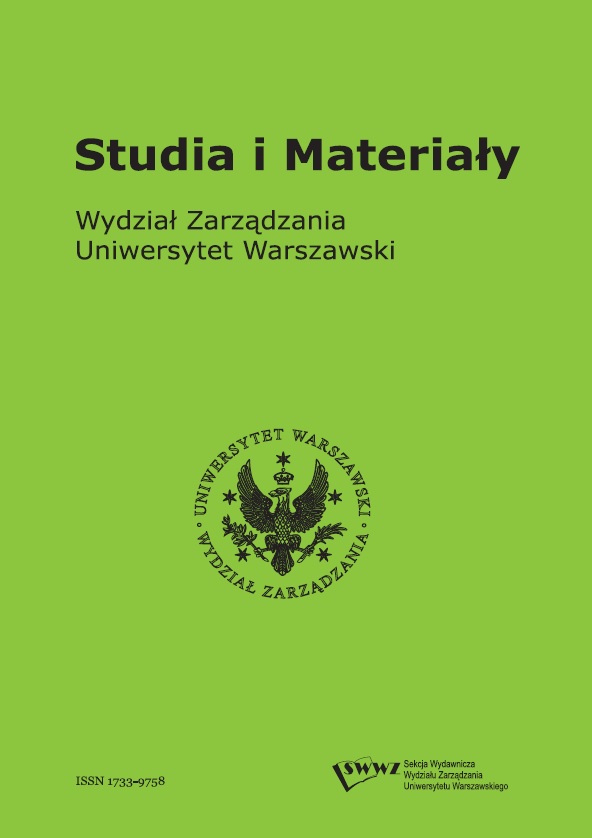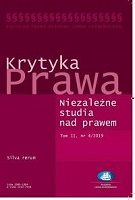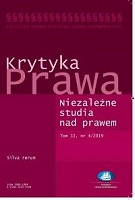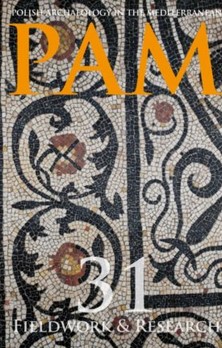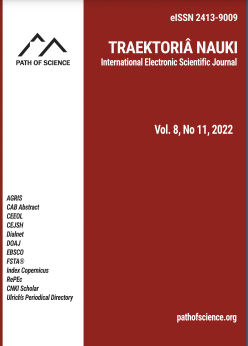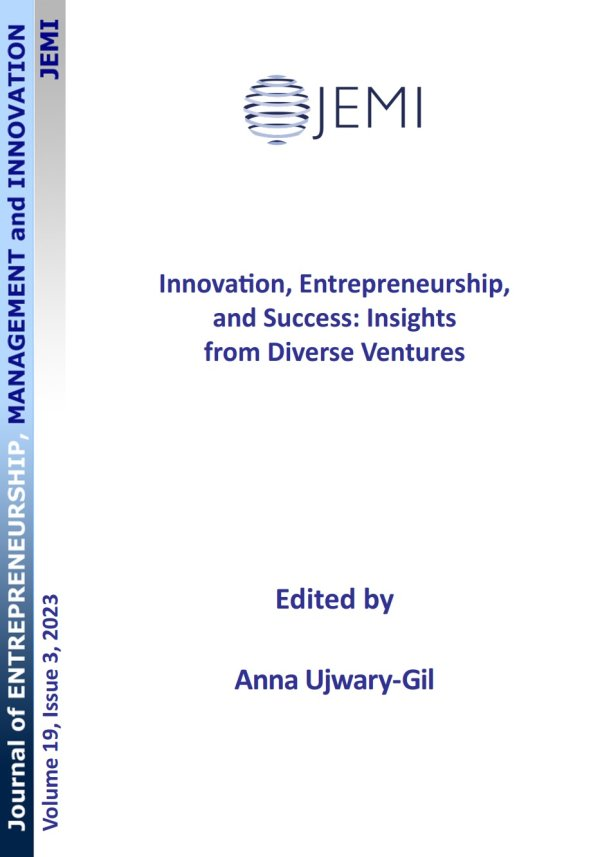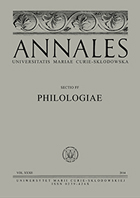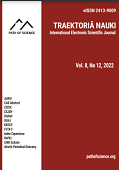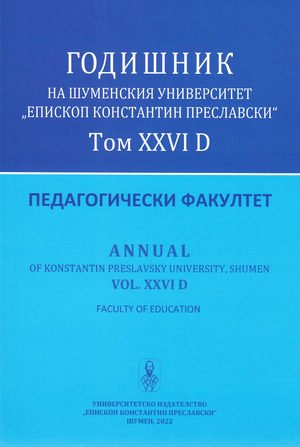Author(s): Ramona Duminică,Diana Maria Ilie / Language(s): Romanian
Issue: 07/2023
While humanity has been under pressure from successive and partly interconnected shocks of pandemics, war and inflation, in perhaps the most complex geopolitical and geo-economic context in decades, the multifaceted fields of artificial intelligence (AI) have taken over economic and social life at a very fast pace. We are going through the so-called "fourth industrial revolution", or we are already talking about a “AI (r)evolution", which is emerging to dominate through interdisciplinary and cutting-edge technological advances such as robotics, nanotechnology, biotechnology, quantum computing, fifth generation (5G) wireless technologies, 3D printing, fully autonomous vehicles or the industrial internet of things, with human-machine interaction becoming increasingly complex and deep. We are now entering the 'brave new world' in which the global 'race' for Artificial Intelligence supremacy has begun. In fact, this global competition is due to the enormous economic value and technological capabilities accumulated in economies that have allocated a lot of resources to the research and development of AI applications, estimating that by 2030, artificial intelligence is expected to bring €11,000 billion to the global economy. In an age of Artificial Intelligence we face more and more questions and perhaps few answers. We all wonder what the effects will be on the structure and functionality of society, how much human rights will be affected and how do we prevent this? Is there an AI right or not? Will robots replace or judge us? Will we dehumanize ourselves, expecting more from robots and less from humans? Will AI change the way we humans work, learn, travel, live? How will the digital revolution change the legal world? In a timid attempt to seek and outline answers in this labyrinth of questions, we propose through our research to explore the advantages and disadvantages of AI, the determining technology of the future, touching, on the one hand, the regulatory area, namely the legal framework outlined at the international level, but also at the national and union level, especially the protection of human rights and equality, and on the other hand, the ethics of artificial intelligence, a critical subject for the whole world. At the same time, our research aims to index the main initiatives, actions and achievements in the field of artificial intelligence, in relation to the official strategies of Member States and beyond, taking into account long-term development plans and strategic and political vision in priority areas such as ethics and security. Efforts to regulate Artificial Intelligence have been stepped up lately, with the AI Regulation (Artificial Intelligence Act) and an AI Liability Directive on the agenda of lawmakers in Brussels today, thus crystallizing a new institutional architecture of AI regulation in Romania, as well as in the other EU Member States, through the need to harmonize domestic legislation with the acquis communautaire. Thus, on 11 May, the Internal Market Committee and the Civil Liberties Committee of the European Parliament approved, with 84 votes in favour, 7 against and 12 abstentions, a first draft of an Artificial Intelligence Act, perhaps the first "fast-track" step towards EU-wide regulation of artificial intelligence systems, with the draft law to be submitted for adoption in Parliament's plenary in June 2023. Given that regulation of artificial intelligence is currently at a very low level, these rules will become the world's first binding 'legal construct' for artificial intelligence, with the EU legislator aiming to ensure safe, transparent, non-discriminatory and environmentally friendly AI systems that can be kept under human control, avoiding the gradual and imperceptible 'suffocation' of human rights and freedoms by 'shaping' global consciousness. The fruitfulness of the opportunities generated by artificial intelligence may represent a pivotal point for Romania's economic, but also social and cultural development, as we already recognize the profound and dynamic impact on human lives, the environment, ecosystems, education, culture, information communication, including the human mind. Living among digital assistants (Siri, Alexa, Cortana), autonomous cars, smart cameras with facial recognition or intelligent systems able to make predictions about future behaviours, we have to admit that, in the year 2023, Artificial Intelligence is a reality, maybe even a necessity and a way of life subtly and imperceptibly installed in our consciousness and in our behaviour. The future is already here because AI is bringing it faster than we thought, our central objective being to raise awareness of the need to adapt to the new normal on the one hand, and on the other to promote human-centred artificial intelligence by shaping a stable and transparent legal framework. We are stepping timidly, but with no turning back, into a new legal "realm" open to reflection and practical applications of the most innovative kind, in which the challenges are commensurate with the stakes created and asserted, artificial intelligence and robotics having enormous potential in human evolution and in improving all areas of human activity, like the great technological revolutions created by man over time.
More...
